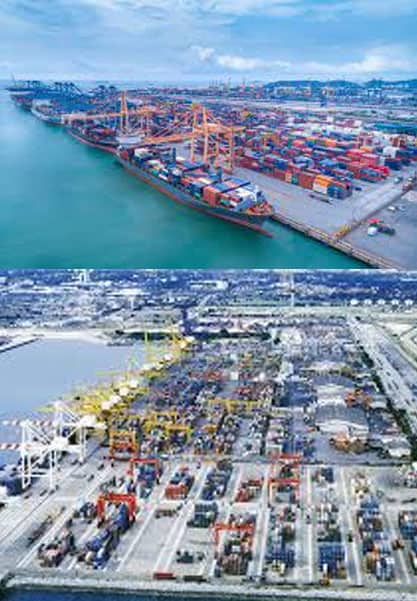Thai civil laws

Thai business laws are regulated by the Civil and Commercial Code of Thailand, along with various specialized laws and regulations. The legal framework provides guidelines for starting, operating, and dissolving businesses in the country.
To establish a business in Thailand, foreign investors must comply with the Foreign Business Act, which regulates foreign ownership in certain industries. Most businesses require registration with the Department of Business Development, and certain types of businesses may require additional licenses or permits.
Thai labor laws govern employment relationships, covering aspects such as minimum wages, working hours, overtime pay, and employee benefits. Employers must adhere to regulations on workplace safety, social security contributions, and employee termination procedures.
Intellectual property rights are protected under the Thai legal system, with laws governing patents, trademarks, copyrights, and trade secrets. Businesses are encouraged to register their intellectual property to establish ownership and protect against infringement.
Thailand’s tax system includes corporate income tax, value-added tax (VAT), and specific business taxes. The tax rates and regulations vary depending on the type of business and industry.
Additionally, Thai business laws promote fair competition and regulate anti-competitive practices. The Trade Competition Act prohibits unfair trade practices, abuse of market dominance, and collusion among businesses.
It’s important for businesses operating in Thailand to familiarize themselves with these laws and regulations to ensure compliance and mitigate legal risks. Seeking professional legal advice and consulting with local experts can provide valuable guidance for navigating the Thai business landscape.
Certainly! Here are a few samples of Thai business laws:
The Civil and Commercial Code: The Civil and Commercial Code of Thailand governs various aspects of business transactions, including contracts, property rights, commercial partnerships, and company regulations. It provides a legal framework for business operations in Thailand.
Foreign Business Act (FBA): The FBA regulates foreign investment and participation in certain business sectors in Thailand. It outlines the conditions under which foreigners can engage in business activities, such as setting up a company, acquiring land or property, and operating specific types of businesses.
Labor Protection Act: The Labor Protection Act sets out the rights and protections for employees in Thailand. It covers various aspects of employment, including working hours, holidays, wages, termination, severance pay, and social security. The law aims to ensure fair treatment and safe working conditions for employees.
Revenue Code: The Revenue Code of Thailand governs taxation, including income tax, value-added tax (VAT), and specific business taxes. It outlines the rules and regulations related to tax registration, filing obligations, deductions, exemptions, and penalties for non-compliance.
Competition Act: The Competition Act aims to promote fair competition and prevent monopolistic practices in Thailand. It prohibits anti-competitive behaviors such as price-fixing, abuse of dominant market positions, and unfair trade practices. The law establishes the Office of the Trade Competition Commission (OTCC) to enforce and regulate competition-related matters.


Trade Secrets Act: The Trade Secrets Act protects intellectual property rights related to trade secrets in Thailand. It defines trade secrets, establishes the obligations of confidentiality, and outlines the legal remedies available in case of misappropriation or unauthorized use of trade secrets.
Consumer Protection Act: The Consumer Protection Act safeguards the rights and interests of consumers in Thailand. It provides guidelines for fair trade practices, product safety standards, advertising regulations, warranties, and consumer dispute resolution.
Please note that this is just a brief overview, and Thai business laws are more extensive and detailed. It’s always advisable to consult with legal professionals or government agencies to obtain accurate and up-to-date information regarding specific legal matters in Thailand.
“We are dedicated lawyers catering to international investors. We establish businesses tailored to clients’ needs, handle tax planning and compliance, and specialize in finance, accounting, construction, import/export, and international law.”
Contact Us now: +666 2879 5414 | +6669 2889 3978
Email: contact@thailawfirm.net
Copyright © [2023] [SBM GROUPS] | Powered by [SBMS GROUPS COMPANY LIMITED]
